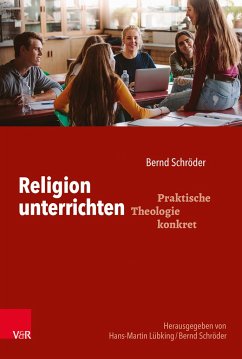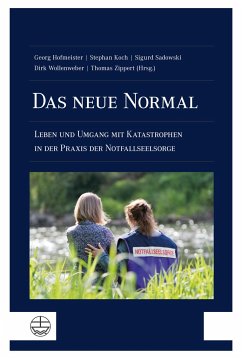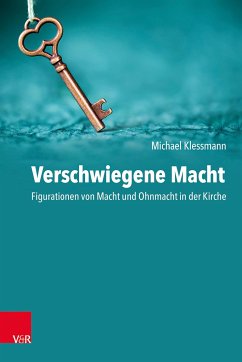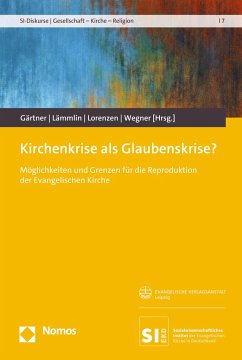Nicht lieferbar
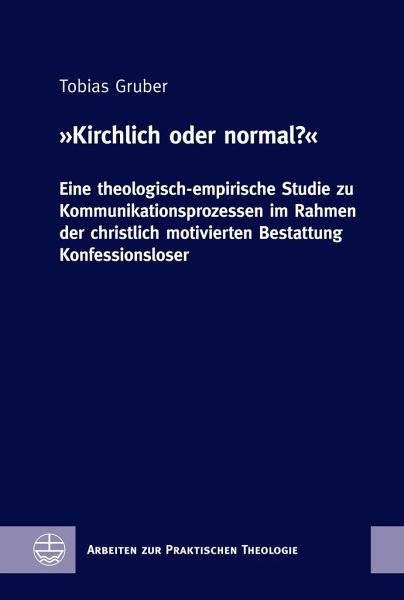
»Kirchlich oder normal?«
Eine theologisch-empirische Studie zu Kommunikationsprozessen im Rahmen der christlich motivierten Bestattung Konfessionsloser
Versandkostenfrei!
Nicht lieferbar
In Deutschland entscheidet vielerorts noch der Status der Kirchenmitgliedschaft, ob man christlich bestattet wird. In den östlichen Teilen des Landes, genauer in Mitteldeutschland, sieht dies zunehmend anders aus. In dieser Studie wird der Fokus auf Akteurinnen und Akteure (Pfarrerinnen und Pfarrer, ein evangelischer Diakon) aus dem kirchlichen Bereich gelegt, die eine christliche Bestattung ungetaufter Menschen durchführen. Ihre Perspektiven, Ziele und konkreten Beschreibungen der Abläufe eines solchen Rituals sowie die Gedanken und Reflektionen konfessionsloser Angehöriger, die eine solc...
In Deutschland entscheidet vielerorts noch der Status der Kirchenmitgliedschaft, ob man christlich bestattet wird. In den östlichen Teilen des Landes, genauer in Mitteldeutschland, sieht dies zunehmend anders aus. In dieser Studie wird der Fokus auf Akteurinnen und Akteure (Pfarrerinnen und Pfarrer, ein evangelischer Diakon) aus dem kirchlichen Bereich gelegt, die eine christliche Bestattung ungetaufter Menschen durchführen. Ihre Perspektiven, Ziele und konkreten Beschreibungen der Abläufe eines solchen Rituals sowie die Gedanken und Reflektionen konfessionsloser Angehöriger, die eine solche Bestattung für Verstorbene erlebt haben, werden in diesem Buch dargestellt und auf Kommunikations- und Lernprozesse sowie Diskussions- und Konfliktpunkte hin untersucht. [Religious or Normal? A theological-empirical study on communication processes involved in the Christian-motivated burial of non-religious people]It is (yet) common in Germany to be a member of the Christian church in order to get a proper Christian funeral. However, there is a small but constantly increasing number of people for whom a Christian funeral is held, despite the fact that the deceased was not even baptised. In this study the focus is set on protagonists (their perspective on the people they are holding a funeral service for, secularism and the function and purpose of this ritual including its implementation) as well as relatives who attended/appealed for such services for a deceased family member or friend. What do thing about such an ;in church law ;"exceptional" ritual and how do they reflect on things they learned before, during and after the ritual are question this study tries to show and correlate to topics of the practical theological debate.





